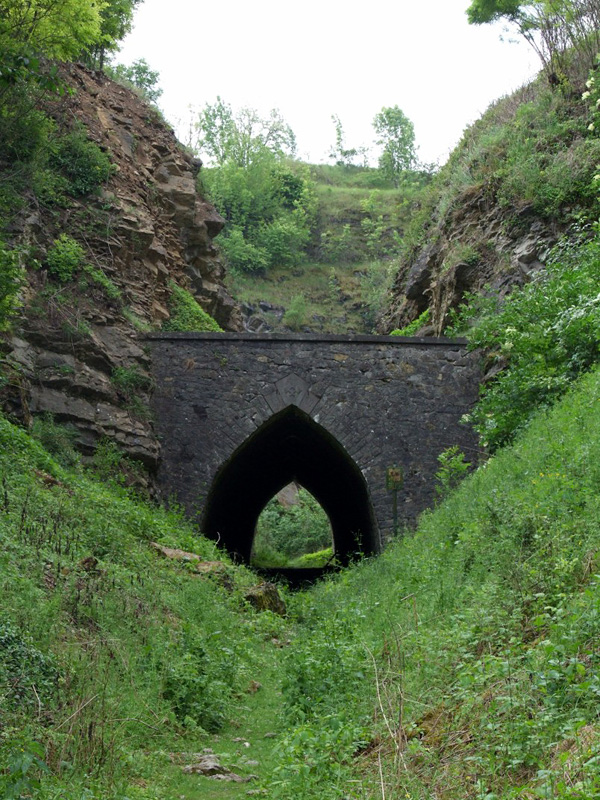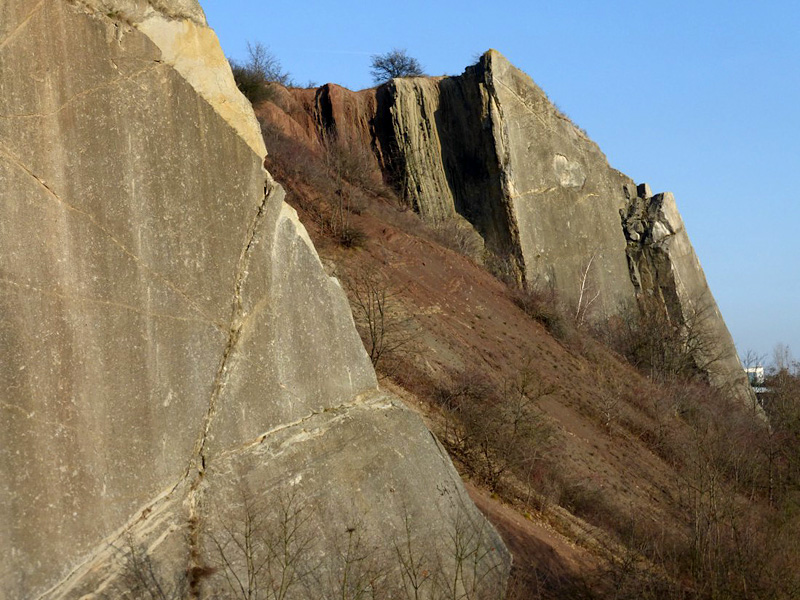Activities for Early Career Scientists
Early Career Scientists (ECS) are IAS members who are students or scientists who received his or her highest degree within the past seven years, with additional time allowed for those whose work record has been interrupted by childbirth, family care, serious health issues, etc. We provide a venue for ECS to interact and network among themselves.
Virtual ECS corner
We invite students and early career scientists to sign-up for brief, informal pop-up talks in the virtual Early Career Scientist (ECS) corner. The goal of pop-up talks is to facilitate sharing your ideas in short presentations prepared in advance (TED-style talks) in front of a respectful and friendly audience. If you plan to present during the IAS Meeting, the ECS corner will have an excellent opportunity to introduce it and invite participants for further discussion. The topic is free – tell us about various aspects of your research, student/postdoc life, or experiences in fieldwork. Please share it with us! The presentation style is entirely up to you – slides presentation, single picture display, short video, or anything you think will captivate the audience, but be aware of the format that can be submitted.
Contributions should take the form of a maximum of five-minute pre-recorded presentation/video/audio (file limitation 500 MB) or single (e.g., poster-like) picture (file limitation 10 MB). You can find helpful tips on pre-recording your video/audio at our Conference website here. Please, fill in the form and upload your contribution by June 11 at the latest.
The link to the form for the ECS corner was sent by e-mail to all conference participants who identified themselves as ECS upon registration.
The virtual ECS corner will be accessible on the Meeting LIVE platform from June 21 during the virtual congress. It will stay there one month after the event (available to registered delegates only). There will be no moderated discussions, but there will be a box next to your contribution for discussion. You do not have to be present at the discussion “box” during the whole Meeting. You can check regularly and answer the questions/comments. You will not receive any notification when a new question/comment appears, but anyone can send you a private message on the platform at any time.
Virtual Poster Competition
IAS is sponsoring a virtual poster competition for the best students and early career scientist posters. Five winners from each group will be awarded their choice of an IAS special publication (not to mention something great for your CV!) and will be announced during the Closing ceremony.
- Applicants must have registered for the competition during the online meeting registration.
- Applicants must display the relevant Student/Early Career Poster logo on their poster (available for download here).
- Applicants must be paid-up members of the IAS.
- Student applicants must be current undergraduates (e.g., B.Sc.) or postgraduates (e.g., M.Sc., Ph.D.).
- Early Career Scientist applicants must have no more than 7 years of full time experience since completing their Ph.D. (excluding periods of parental or other care leave).
- Applicants must be the first author of the research.
- Applicants must be available to answer questions during the assigned virtual poster session.
- Accompanying video/audio is welcomed but not mandatory.
ECS Workshops
The workshops will take place in virtual form via the Zoom platform. The link will be sent by e-mail to all conference participants who identified themselves as ECS upon registration.
Social Media for Sedimentologists: Getting your Message Across
Date: June 22, 2021
Time: 18:20–19:20 CEST
Workshop Leaders: Joanna Pszonka, Stephen Lokier, Tracy Frank
Over the past year, virtual meetings and conferences have expanded connections between researchers and enhanced communication outlets in the online setting. Scientists are increasingly using social media to advertise their research, network with colleagues, and participate in global discussions on research-related issues. Social media can also enhance community engagement and produce more efficient dissemination of science and promote educational opportunities for students. However, navigating social media platforms can be time-consuming and confusing. This Zoom-based workshop will explore the various types of social media platforms and workshop leaders will share their experience using social media to share research findings, advertise research opportunities, and conduct efficient outreach.
For any questions, please contact Amanda Oehlert (aoehlert@rsmas.miami.edu).
Roundtable Discussion: Publishing Your Research in IAS Journals
Date: June 24, 2021
Time: 18:00–19:00 CEST
Workshop Leaders: Editors of IAS Journals
Are you preparing your research for publication? Building on the SedsOnline discussion focused on preparing your research for publication led by Professor Peir Pufahl from Queen’s University (www.youtube.com/watch?v=Djs2aICzad0) this workshop will provide an opportunity for participants to get their questions about publishing their research answered. This Zoom-based workshop format will begin with introductions from the editors and a brief overview of the scope of their journals, and then participants will join breakout rooms to have an opportunity to ask specific questions about preparing an article for publication. Participants are encouraged to review the SedsOnline video titled “How to approach a Review” and develop a list of questions for the Editors of IAS Journals.
For any questions, please contact Amanda Oehlert (aoehlert@rsmas.miami.edu).
Virtual ECS party
Date: June 21, 2021
Time: 18:00–21:00 CEST
The virtual ECS party will take place via the Zoom platform. The link will be sent by e-mail to all conference participants who identified themselves as ECS upon registration.
ECS fieldtrip
cancelled


